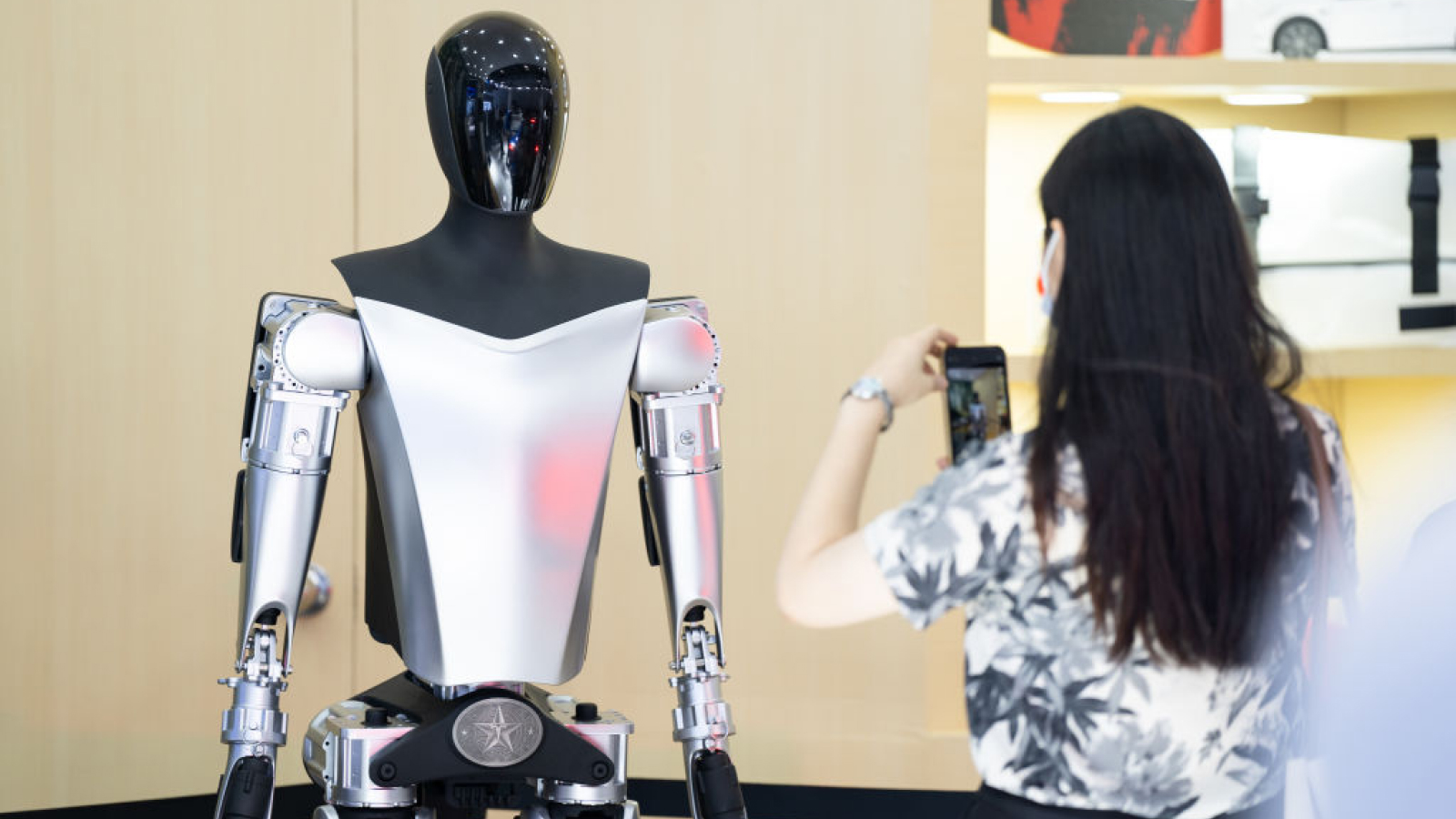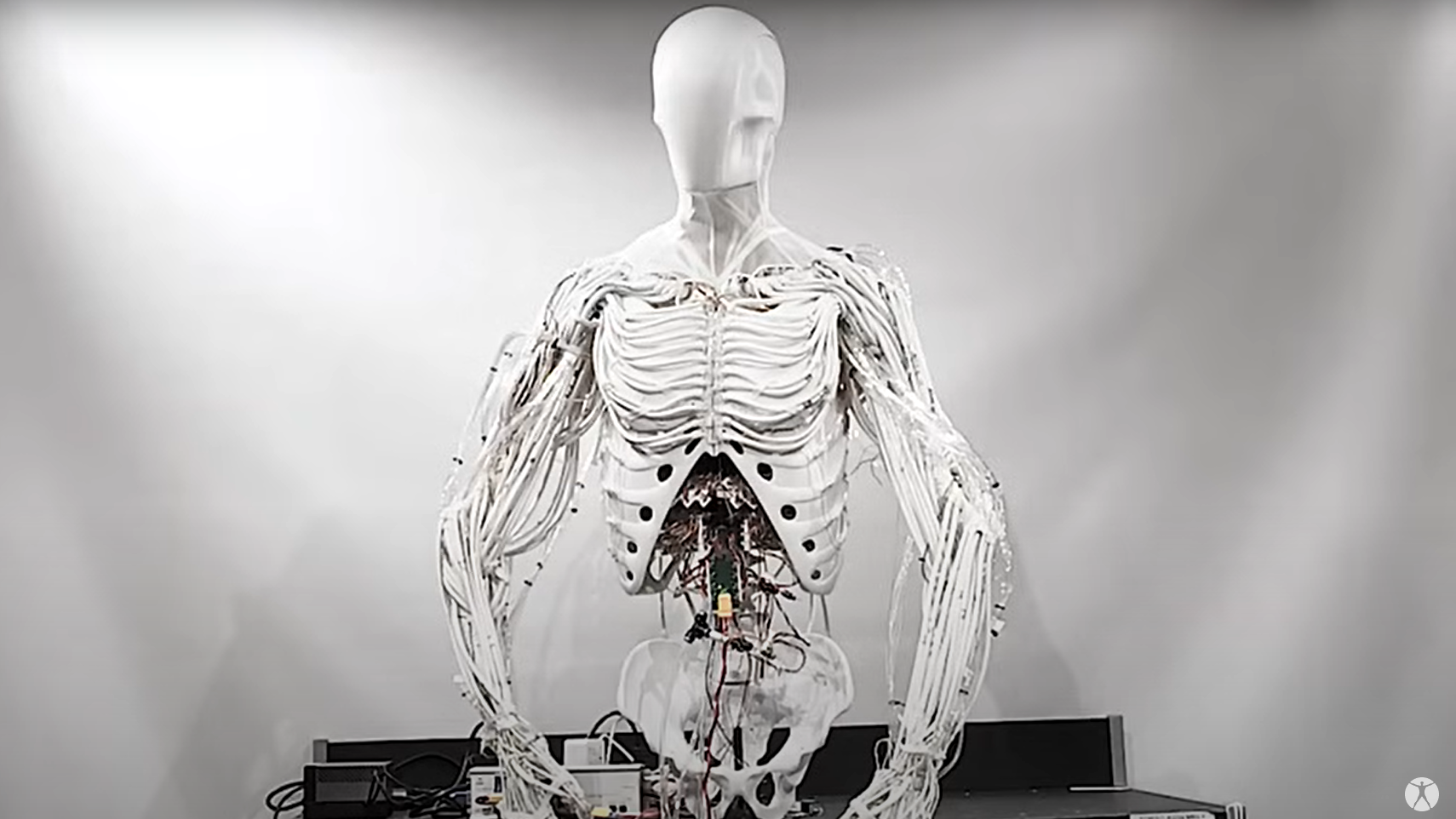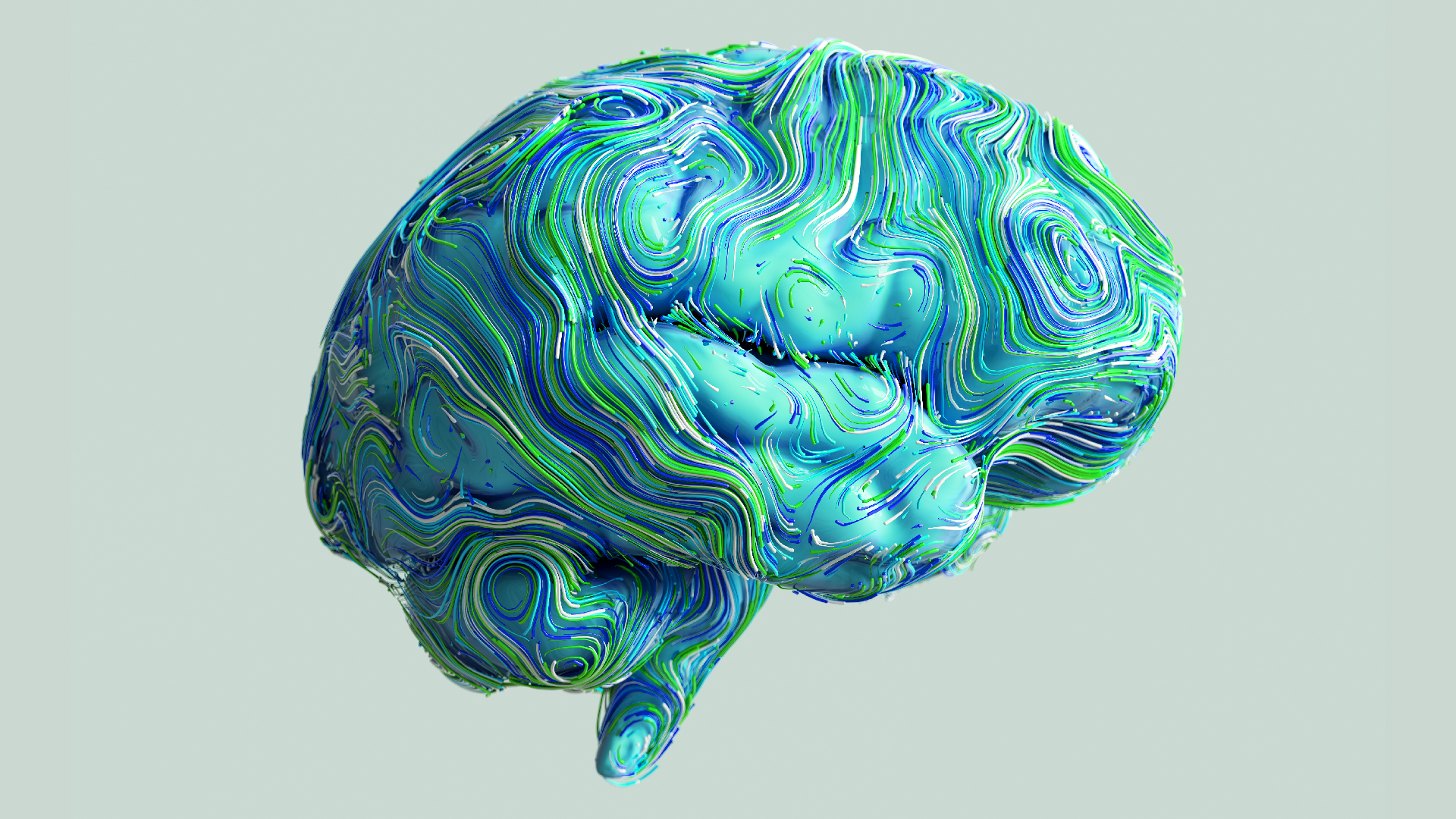25 Scientific Tips For Raising Happy (& Healthy) Kids
Tend to Your Mental Health
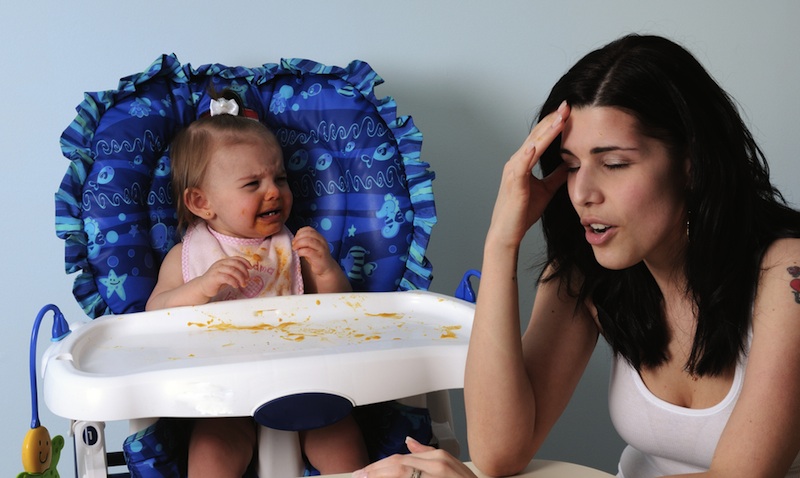
If you suspect you might be depressed, get help — for your own sake and your child’s. Research suggests that depressed moms struggle with parenting and even show muted responses to their babies’ cries compared with healthy moms. Depressed moms with negative parenting styles may also contribute to their children’s stress, according to 2011 research finding that kids raised by these mothers are more easily stressed out by the preschool years. The findings seem glum, but researchers say they’re hopeful, because positive parenting can be taught even when mom or dad are struggling with their own mental health.
Mamas, Be Good to Your Sons
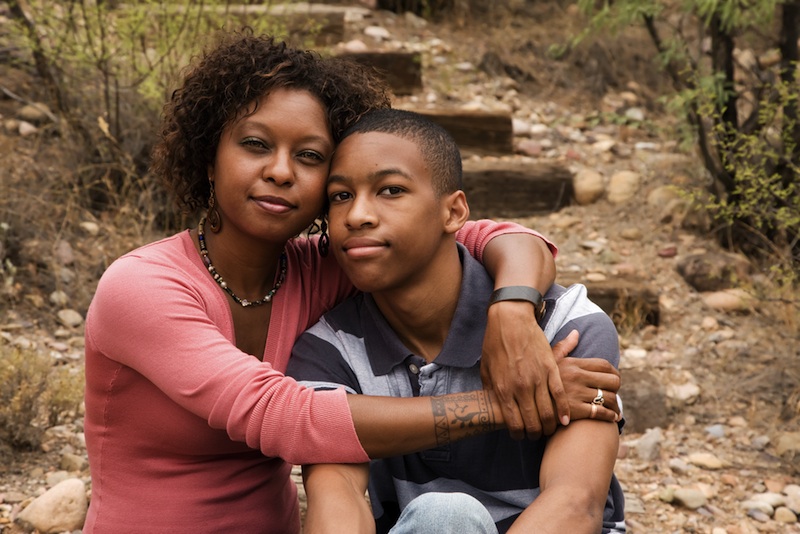
A close relationship with their mothers can help keep boys from acting out, according to a 2010 study. A warm, attached relationship with mom seems important in preventing behavior problems in sons, even more so than in girls, the research found. The findings, published in the journal Child Development, highlight the need for "secure attachment" between kids and their parents, a style in which kids can go to mom and dad as a comforting "secure base" before venturing into the wider world.
The mommy bond may also make for better romance later in life, as another study reported in 2010 showed that a close relationship with one's mother in early adolescence (by age 14) was associated with better-quality romantic relationships as young adults. "Parents' relationships with their children are extremely important and that's how we develop our ability to have successful relationships as adults, our parents are our models," study researcher Constance Gager, of Montclair State University in New Jersey, said at the time. "So if kids are not feeling close with their parents then they're probably not going to model the positive aspects of that relationship when they reach adulthood."
Don't Sweat a Little Sassing
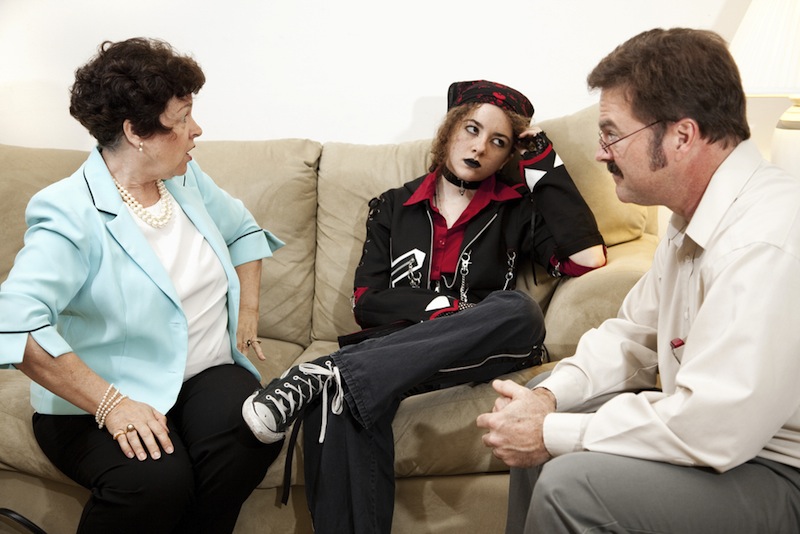
Teens who talk back to their parents may be exasperating, but their argumentativeness is linked to a stronger rejection of peer pressure outside the home. In other words, autonomy at home fosters autonomy among friends.
Don’t worry, though: The study doesn’t suggest that kids should have adversarial relationships with their parents. In fact, a secure bond between teens and mothers is also linked to less bowing to peer pressure. Teens need to practice standing up for themselves, the researchers reported, but they also need support from their parents.
Don't Aim For Perfection

Nobody’s perfect, so don’t torture yourself with an impossibly high bar for parenting success. According to a study published in 2011 in the journal Personality and Individual Differences, new parents who believe society expects perfection from them are more stressed and less confident in their parenting skills. And no wonder! Make an effort to ignore the pressure, and you may find yourself a more relaxed parent.
Last But Not Least, Know Your Kids
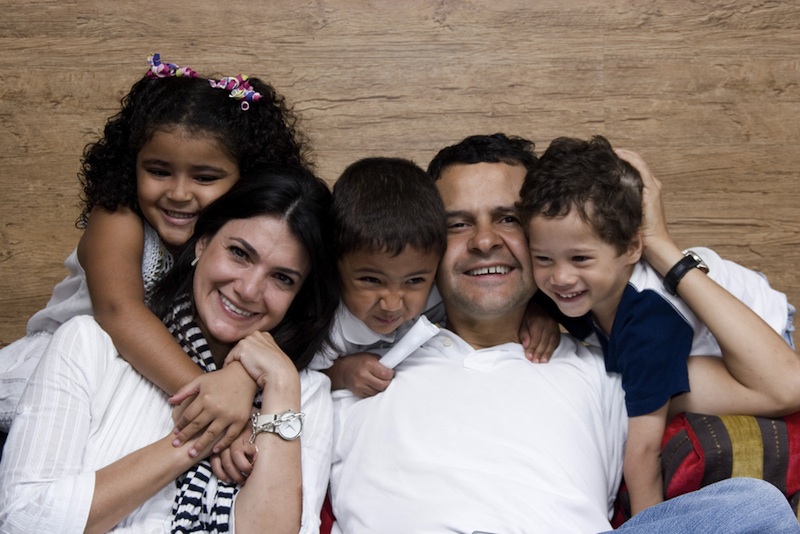
Everyone thinks they know the best way to raise a child. But it turns out that parenting is not one-size-fits-all. In fact, kids whose parents tailor their parenting style to the child’s personality have half the anxiety and depression of their peers with more rigid parents, according to a study published in August 2011 in the Journal of Abnormal Child Psychology. It turns out that some kids, especially those with trouble regulating their emotions, might need a little extra help from Mom or Dad. But parents can inadvertently hurt well-adjusted kids with too much hovering. The key, said lead researcher Liliana Lengua of the University of Washington, is stepping in with support based on a child’s cues.
Sign up for the Live Science daily newsletter now
Get the world’s most fascinating discoveries delivered straight to your inbox.

Stephanie Pappas is a contributing writer for Live Science, covering topics ranging from geoscience to archaeology to the human brain and behavior. She was previously a senior writer for Live Science but is now a freelancer based in Denver, Colorado, and regularly contributes to Scientific American and The Monitor, the monthly magazine of the American Psychological Association. Stephanie received a bachelor's degree in psychology from the University of South Carolina and a graduate certificate in science communication from the University of California, Santa Cruz.

